The Rise of Online Quran Teaching: Bridging Gaps and Fostering Spiritual Growth
In the digital age, the realm of education has experienced a significant transformation, transcending the limitations of physical boundaries and traditional classroom settings. Among the diverse array of subjects now accessible online, Quranic education stands out as a cornerstone of spiritual enlightenment and cultural preservation. The emergence of online Quran teaching platforms has not only facilitated broader access to religious learning but has also revitalized the way individuals engage with their faith.
Online Quran teaching refers to the provision of Quranic education through virtual platforms, where students connect with qualified instructors via the internet. This mode of instruction offers unparalleled flexibility, enabling learners to access quality education regardless of their geographical location or time constraints. From basic recitation to in-depth study of tafsir (exegesis) and Tajweed (correct pronunciation), online Quran teaching encompasses a wide spectrum of learning opportunities tailored to individual needs.
One of the primary advantages of online Quran teaching is its inclusivity. In many parts of the world, access to traditional Islamic education is limited, particularly for women and individuals residing in remote areas. Online platforms break down these barriers, offering a platform for all to engage in the study of the Quran, irrespective of age, gender, or background. This inclusivity not only empowers individuals to deepen their spiritual understanding but also fosters a sense of community and belonging within the global ummah (Muslim community).
Moreover, online Quran teaching leverages technology to enhance the learning experience. Through interactive multimedia resources, virtual classrooms, and one-on-one sessions with instructors, students gain a comprehensive understanding of Quranic teachings. Advanced features such as audio-visual aids, interactive quizzes, and digital libraries further enrich the learning process, catering to diverse learning styles and preferences.
Another notable aspect of online Quran teaching is its adaptability to modern lifestyles. With hectic schedules and competing priorities becoming the norm, many individuals struggle to allocate time for traditional classroom-based learning. Online platforms offer a solution by allowing students to customize their learning pace and schedule according to their convenience. Whether it’s early morning sessions before work or late-night study sessions, learners have the flexibility to chart their educational journey at their own pace.
Furthermore, online Quran teaching fosters personalized learning experiences. Unlike conventional classroom settings where instructors must cater to a diverse group of students, online platforms enable educators to provide tailored guidance and support to individual learners. Through one-on-one sessions and personalized feedback, instructors can address the specific needs and challenges of each student, nurturing a deeper connection with the Quran and its teachings.
Critics of online Quran teaching often express concerns about the loss of traditional pedagogical methods and the erosion of communal learning environments. While these concerns are valid, proponents argue that online platforms complement rather than replace traditional methods. By integrating technology with established teaching practices, online Quran teaching preserves the essence of Islamic education while expanding its reach to a wider audience.
In conclusion, online Quran teaching represents a paradigm shift in the realm of religious education, offering accessibility, flexibility, and personalised learning experiences to students worldwide. As technology continues to evolve, the role of online platforms in disseminating Quranic knowledge will only grow, bridging gaps, fostering spiritual growth, and strengthening the bonds of the global Muslim community.

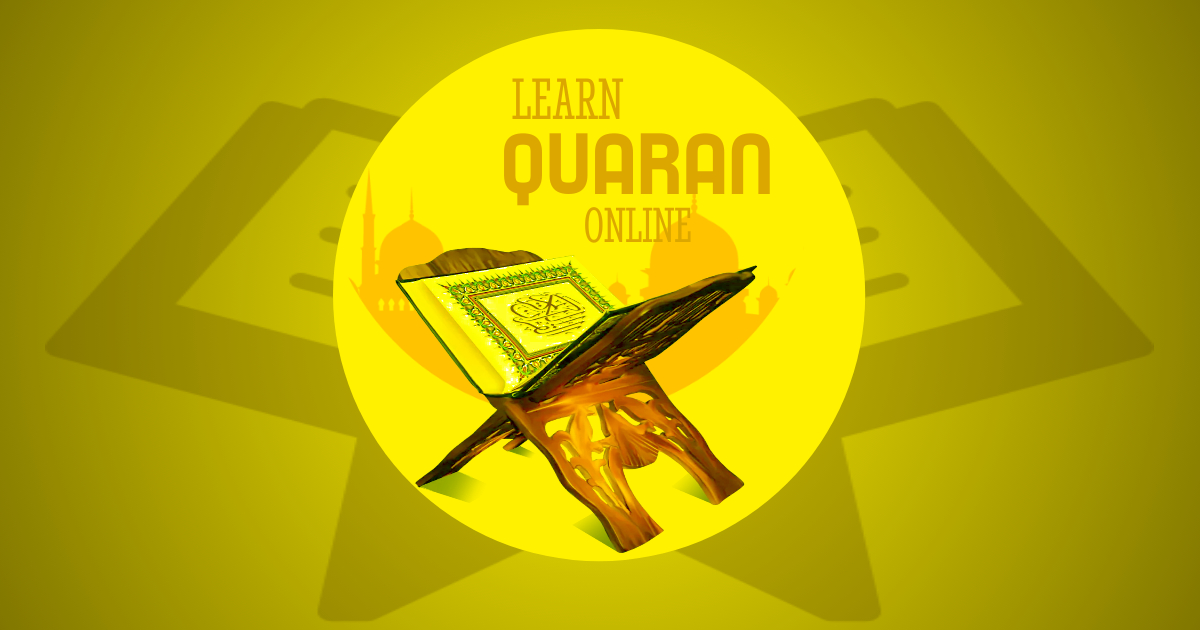
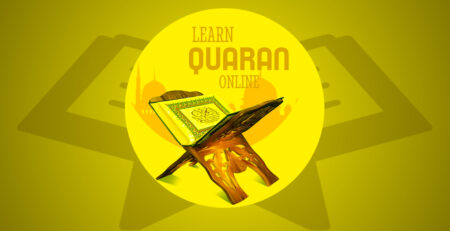
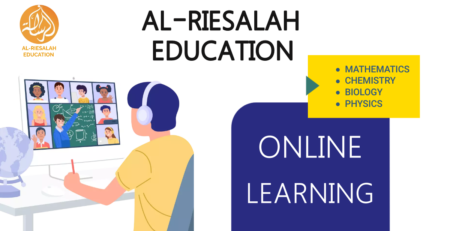


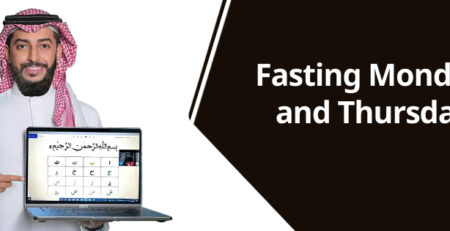
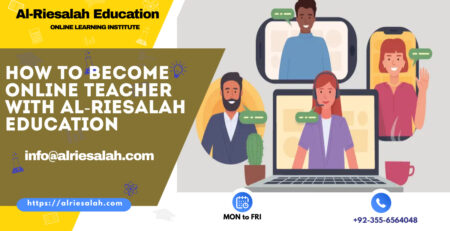



Leave a Reply